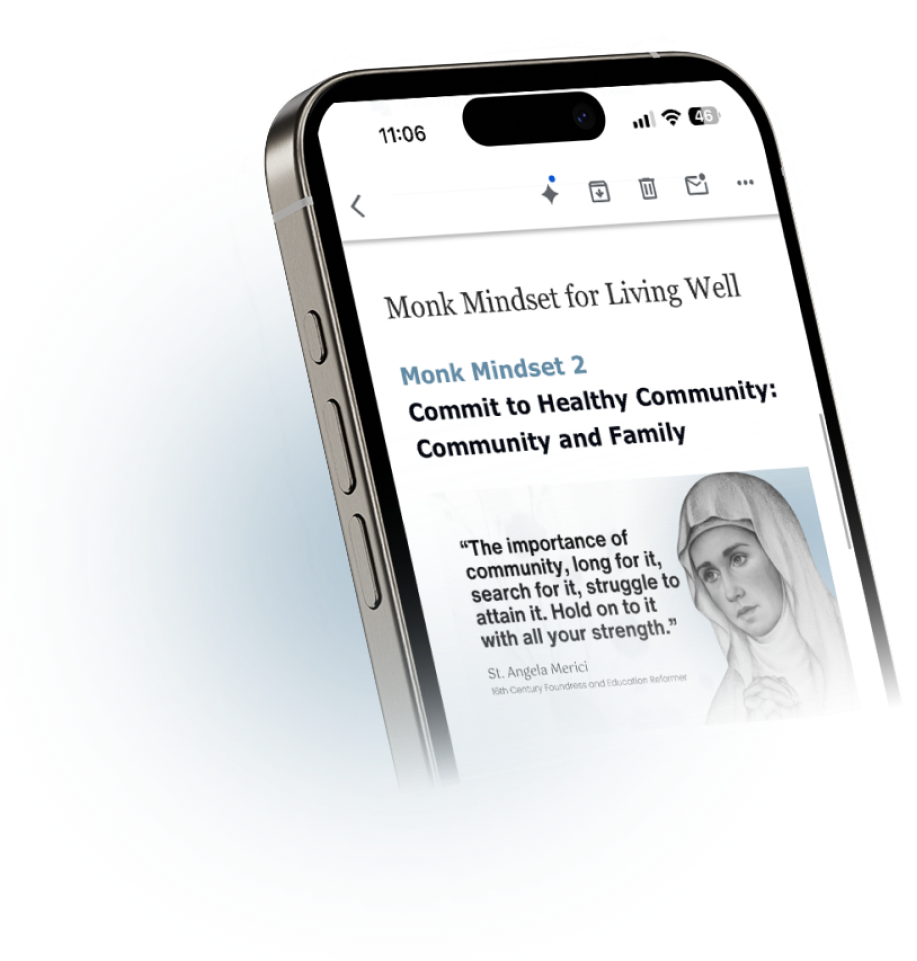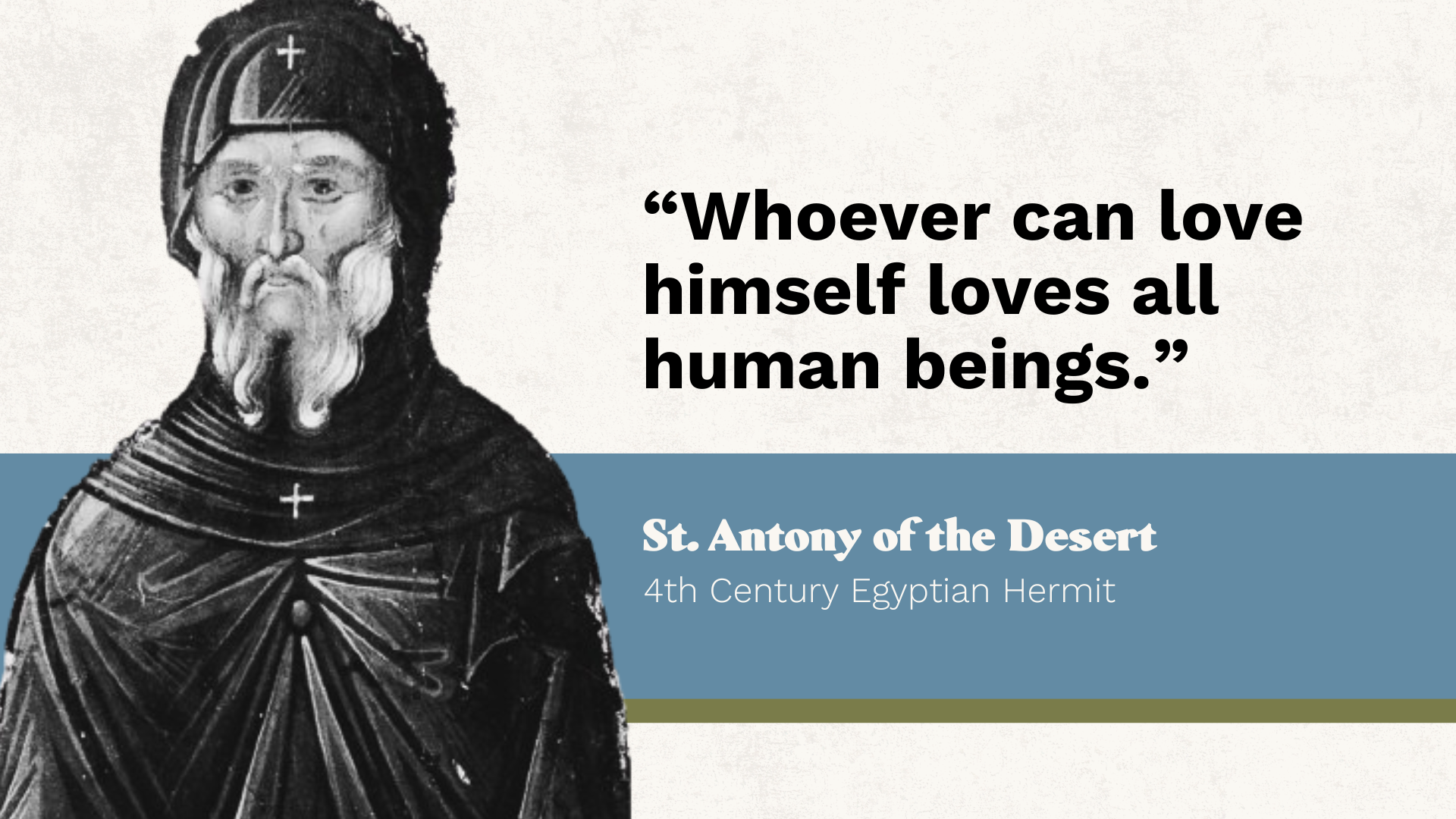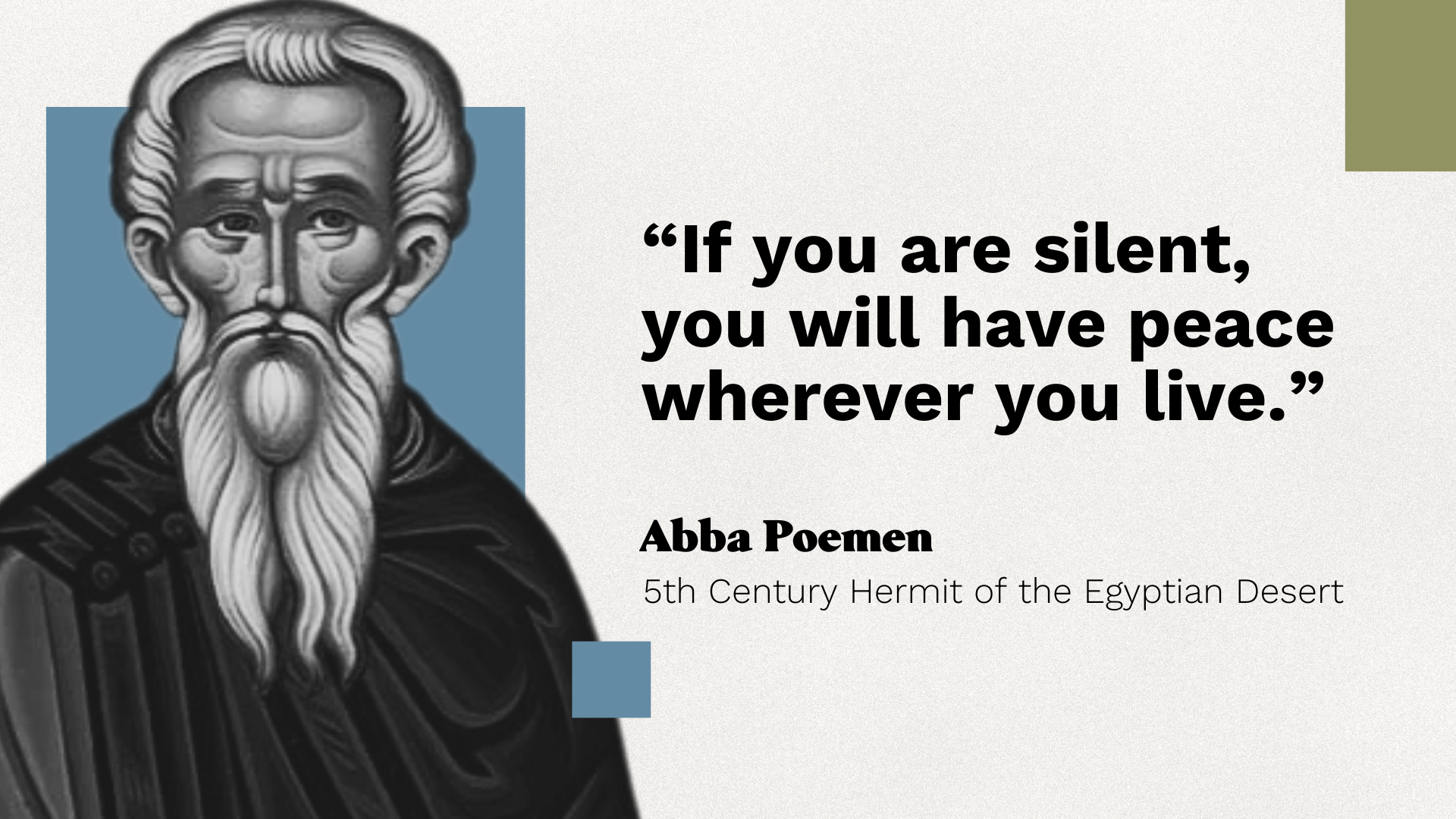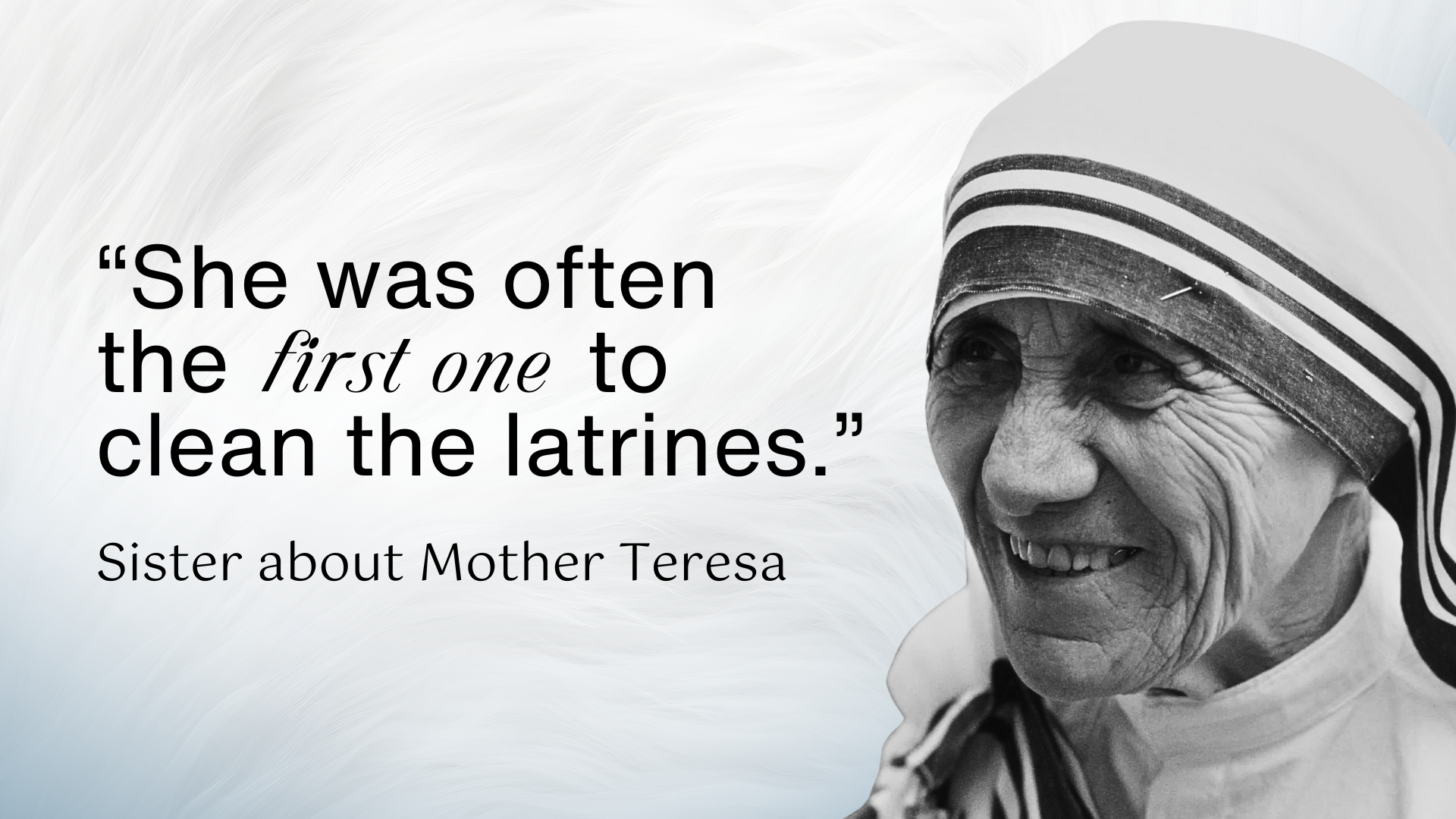
Join 25,000+ others
and get the weekly newsletter with 7 Principles of Monk Mindset to radically simplify and transform your life.


"You're offering-in this weekly note-something beautiful for folks like me. Thank you; I appreciate the time and attention you are investing in it."
- Mark P.


"This newsletter is practical in its guidance, while also encouraging and supportive. I find John's insight to be a rare fusion of contemplative and motivational and I look forward to reading, digesting and applying it every week!"
- Jen H.


"These really are great! So glad you're writing these. Keep it up, please!"
- Michael F.
There’s a healthy and an unhealthy way to love ourselves. Jesus said, “love your neighbor AS yourself.”
This implies that we must first learn to love ourselves authentically before we can really love others – or as St. Anthony says — “all human beings.”
Christian monks throughout the world this week embark on the season of Advent, a period of silent preparation for the coming of Christ into the world at Christmas.
All of us have seasons in life that are marked more by waiting and anticipation than by action.
In the United States this week many of us will be gathering with friends and loved ones for the Thanksgiving holiday.
When I was in the monastery years ago, a week or so before Thanksgiving my dad called me and told me the terrible news that he had terminal cancer and may only live a few months.
When I was in the monastery, the schedule each day was remarkably similar – including when I’d go to bed and wake up.
In fact, my body got so accustomed to the sleeping and rising time that I’d literally wake up a minute or two before my alarm would go off at 5:25am. Crazy my body learned the exact minute to wake up.
When I start work for the day or switch between projects I tend to dive right in and move quickly between things to avoid losing time. I sometimes find it hard to pause before meetings because I often schedule my calendar to have numerous back-to-back virtual meetings.
For seven years I lived in various Carmelite monasteries. In all of them, we’d have at least one meal daily all together – and sometimes as many as three meals a day together.
The “Rule of St. Albert”, written by St. Albert of Jerusalem in the early 1200s, is like the original blueprint or “constitution” for how the Carmelites are to live. Here, the brothers are guided to have meals together daily. This is interesting because at the time, the Carmelites were mostly hermits – meaning they lived a solitary life seeking God.
It’s easy to think of prayer like other aspects of our life where we “accomplish” something – getting chores done, completing a project at work, waking up at a certain time.
However, Meister Eckart, the 13th century Dominican mystic suggested that prayer oftentimes is less climbing and more sinking into God – collapsing into the ground within us.
During my Novitiate year in the monastery, I was in charge of the refectory (aka the kitchen) – keeping it clean, keeping food in the pantry, etc.
My chore one afternoon was to mop the refectory. Father James, an older Irish Carmelite in his 70s (and one of the wisest men I knew) walked by and invited me to sit in on a class he was teaching during the same time I was supposed to mop. I would have preferred to go to the class and honor his invitation but I didn't know what the right thing to do was.
Freedom – one of the greatest ideals of Western civilization. And freedom is good. But there are many types of freedom.
Political freedom -- to vote democratically. Economic freedom – to choose one’s work, to own capital and make purchasing decisions. Freedom of choice – to choose what you want to do and when.
So many of us struggle with loving and caring for ourselves in a healthy way. Some of us don’t feel lovable or worthy of love. Others of us struggle with a self-love in which we pamper ourselves or indulge any desire.
But what does healthy self-love actually look like?
When I was in the monastery, we didn’t get to choose what we ate during our meals together. This was part of the spirituality of being detached from choosing our food. Of course, if someone had an allergy or extreme sensitivity, this rule may be relaxed a bit but that was the exception not the norm.
Sometimes for me, this was a bit of a cross because I had been accustomed to eating fairly light and healthy meals and occasionally the brothers would cook things and weren’t to my pallet or sometimes didn’t work as well for my system.
Everyone does the dirty work. I don’t care if you’re running a global enterprise with thousands of people and won the Nobel Peace Prize (like Mother Teresa) or if you're the most junior person on a team, we all need to do things we don’t like doing. This is just part of work.
The trick and growth opportunity is to first realize and accept that we need to do some dirty work. Then, secondly, to perform these tasks or projects with peace and serenity. And then, eventually, grow into performing them with joy and the gratitude that we have the opportunity to do these activities and thereby spare others from having to do them.












